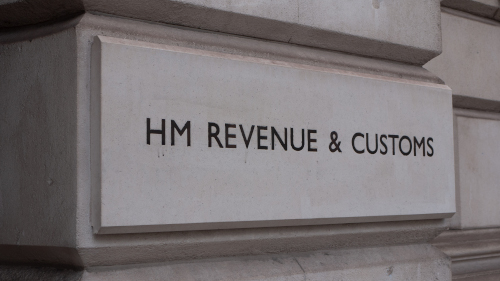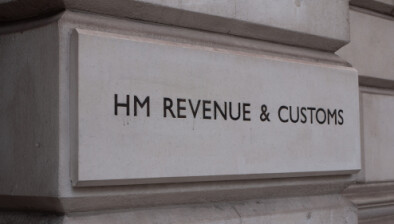HMRC: Be aware of post-Brexit changes before key Christmas shopping dates

As Black Friday and Cyber Monday approach, HMRC is urging online shoppers in Scotland to avoid being hit with unexpected customs charges.
Changes introduced on 1 January 2021 means that consumers who previously had to pay charges when buying certain items from non-EU sellers may now also need to do the same when buying goods from the EU.
Katherine Green and Sophie Dean, directors general, borders and trade, HMRC, said: “With Christmas rapidly approaching, we don’t want shoppers to be caught out by unexpected charges which will take the fun out of their shopping experience.
“There are now a number of factors that people will need to consider when purchasing goods from the EU, so shoppers are being advised to check guidance to ensure they know what they will owe.”
HMRC recommends people look at the seven top tips below to determine whether there will be charges on their goods. If there are charges to pay, shoppers may also need to pay a “handling fee” to the courier company before their goods are released.
HMRC has issued the following advice:
- Be aware of where you, the recipient, are based.
Shoppers based in Northern Ireland won’t be affected by these changes due to the Northern Ireland Protocol, however those in Great Britain should be prepared for potential changes. - Check whether your order contains excise goods, such as tobacco, alcohol or perfume.
Unlike other items, there is no lower threshold for customs charges when it comes to excise goods, so there will be charges due no matter the value or origin of your goods.
Shoppers buying excise goods will need to pay import VAT and excise duty. They may also need to pay customs duty (see tip 7 for more info).
HMRC has also said that consumers should check whether your order is worth more than £135, before extra costs, such as shipping and insurance are applied.
Shoppers buying stocking fillers or small value items, not including excise goods, don’t need to worry as goods sent in consignments worth less than £135 should not attract additional charges, as UK VAT is collected by the seller on behalf of HMRC at the point of sale. This also applies to goods being purchased from non-EU countries.
Anyone buying a more expensive product from abroad - over £135 - will now need to pay import VAT and may need to pay customs duty. The amount due will depend on a range of factors, including shipping and insurance costs so, to avoid surprises, consumers should consult their seller.
Shoppers who already know they will need to pay import VAT should make sure their seller does not charge them VAT, otherwise they may be charged twice (see tip 5 for more info).
HMRC has also warned consumers to be mindful of new charges when sending or receiving gifts from an individual based overseas.
If you’re lucky enough to receive a gift from someone based in the EU and it is valued at less than £39 and it does not contain excise goods, it will be exempt from import VAT and customs duty. Above the £39 threshold, import VAT will be due and once the value of the gift reaches £135, customs duty will also be payable. You could also get charged a “handling fee” (see tip 5 for more info).
If you are planning on sending a gift to someone based overseas, you should check guidance published by the relevant customs authority to check their specific rules and charges.
HMRC has also said to be aware of how and when you could be notified of charges.
Anyone needing to pay customs charges will be contacted by the courier company and asked to pay the charges before they can receive their goods. Alternatively, the seller may arrange to pay any charges upfront on your behalf, but you should check with the seller to avoid any unwelcome surprises.
HMRC has also told shoppers to check with the seller whether the goods originated in the EU and whether they qualify for a “zero tariff”.
Customs duty won’t be due on goods if they meet criteria set out in the EU-UK Trade and Cooperation Agreement and a “zero tariff” can be correctly applied.
The “Rules of Origin” requirements mean that even if your parcel is valued above £135, if the goods you are buying originate in - or have been sufficiently worked or processed within - the EU, the seller confirms this and the zero tariff is claimed on the customs declaration, you will not need to pay any customs duties although import VAT will still be due.
If customs duty is due, the rate – or the Tariff - for each item can be found within the trade tariff tool but it’s recommended you check with your seller to find out exactly what you will owe.





